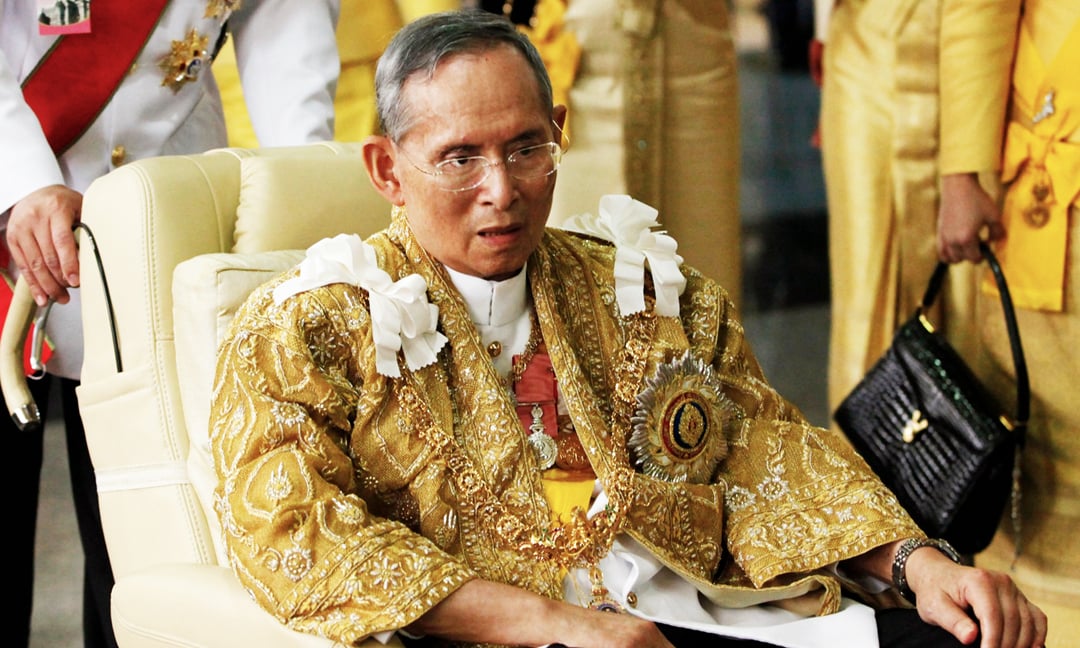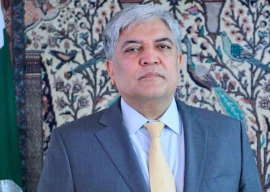
"Thailand is in a period of mourning due to the death of the King and removal of ads is a cultural custom," a spokesperson wrote in a blog post. "We don't yet know the duration of the mourning period. We'll keep you posted of any additional details as they become available."
A funeral for Adulyadej — who was the world's longest-reigning monarch — drew thousands of grieving citizens in the Thai capital of Bangkok on Friday. Many Thai citizens are wearing only dark colors this week in remembrance while several websites have applied a monochrome theme.
Facebook boasts an estimated 37 million Thai users who tend to post three times more frequently than the average user worldwide, according to Facebook chief operating officer Sheryl Sandberg. According to research firm Emarketer, the yearly amount spent on Facebook ad stands at $81.7 million
Facebook attempts to show tailored ads that fit country-specific cultural norms and adjust posts for different bandwidth speeds.
“The ability to tell a powerful story can connect people despite geographic, linguistic, technological and even cultural boundaries," Melissa Oppenheim, who heads up the programme that handles such considerations, said in an interview.
In this particular case, Facebook's heightened sensitivity toward its users' various cultures means cutting off ads altogether.
However, Facebook’s cultural emphasis hasn’t always worked. In India, human rights advocates argued that its "safety check" feature, which lets users notify friends and family of their safety status in an event of a disaster was heavily biased toward western countries and didn’t cover most security events in non-western countries.
This article originally appeared on Mashable







1737114296-0/Express-Tribune---News-Desk-(4)1737114296-0-270x192.webp)

1737032298-1/WhatsApp-Image-2025-01-16-at-17-26-54-(1)1737032298-1-270x192.webp)



1732012115-0/Untitled-design-(14)1732012115-0-270x192.webp)









COMMENTS
Comments are moderated and generally will be posted if they are on-topic and not abusive.
For more information, please see our Comments FAQ